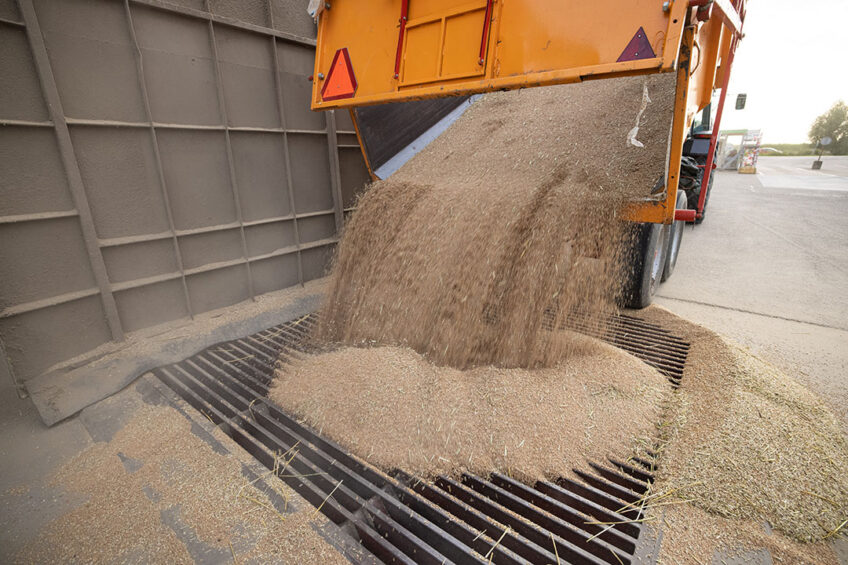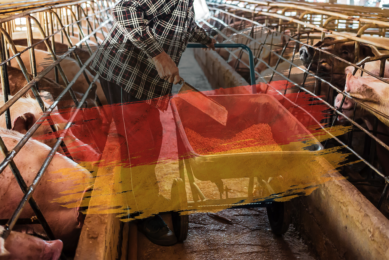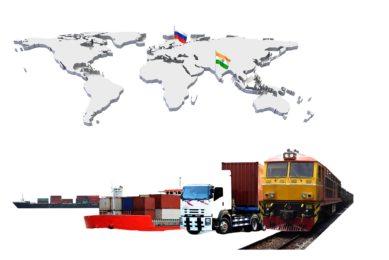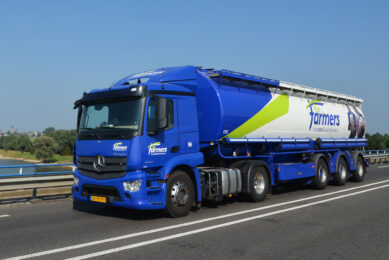Grain passports – will they go digital in the UK?

Trade associations are to decide next month (June) on proposals to support the roll-out of a digital grain passport in the UK. It will follow a vote by around 3,000 cereal and oilseeds levy payers who will have the chance to give the scheme the green light.
If the go ahead is given, the first system tests will take place next year followed by a phased adoption with a complete phase out of paper based systems within 3 years.
Grain passports are seen as an essential part of the UK assurance system and the current issue of having to manually fill in multiple paper passports is seen by many as increasingly out of touch in a modern supply chain.
The issue was first put to the industry in 2017 after 5 years of discussions but at the time it said it was not ready to adopt a new passport.
Derek Carless, Agriculture and Horticulture Development Board (AHDB) head of farm economics, said with so much at stake, growers, hauliers, merchants, processors and assurance bodies did not want the project to lose momentum.
Carless said there were many benefits of a digital passport apart from the elimination of a paper-based system:
For everyone
Removal of assurance stickers
Reduction of issues associated with illegibility or incomplete paper passports
Delivery of a 2-way flow of data from farmers through supply chains and vice-versa
Provision of load progress status reports – from store to intake.
Growers
Rapid return of intake weights and quality data (helping growers better match subsequent loads to contracted specifications)
Potential to complete identical passports in one go
Merchants
Facility to integrate systems – for example, to provide electronic receipt of mill deliveries and return of weighbridge data directly to in-house software
Large reductions in paperwork and manual processing.
Processors
Receipt of passport data electronically
Removal of the need to store paper passports for several years
Reduction of delays at intake associated with illegible or incomplete passports
Better supply data before the load arrives
Hauliers
No delay in weight data exchange between supply chain participants (allowing more efficient administration and invoicing)
Removal of delays associated with illegible or incomplete paper passports.
As previously reported in All About Feed, an industry advisory group has helped to ensure the system is fit for purpose. Chaired by East Yorkshire grower Ian Backhouse, the group comprises representing the National Farmers’ Union, NFU Scotland, AIC, UK Flour Millers, Maltsters Association of Great Britain, Seed Crushers and Oil Processors Association and the Road Haulage Association.
Data flow
Prior to delivery the receiver will create a delivery order; the merchant allocates a grain source and the grain source(s) are advised on what and when is required.
On the day of delivery, at the loading point, the driver and grower/storekeeper completed passport declarations via app; intake accesses the passport data (via web portal or integrated system) and all intake data is accessible by the receiver, haulier and grower/storekeeper.
In the past, data governance has been highlighted as an area of concern and so AHDB has commissioned Agrimetrics to proposed recommendations to the industry advisory group representatives, which have been unanimously approved. These include:
The establishment of a data governance board to:
Be guided by an independent chair with clear terms of reference
Set processes and documentation, including the rules and standards for the collection, management and use of data
Oversee data usage and system access











